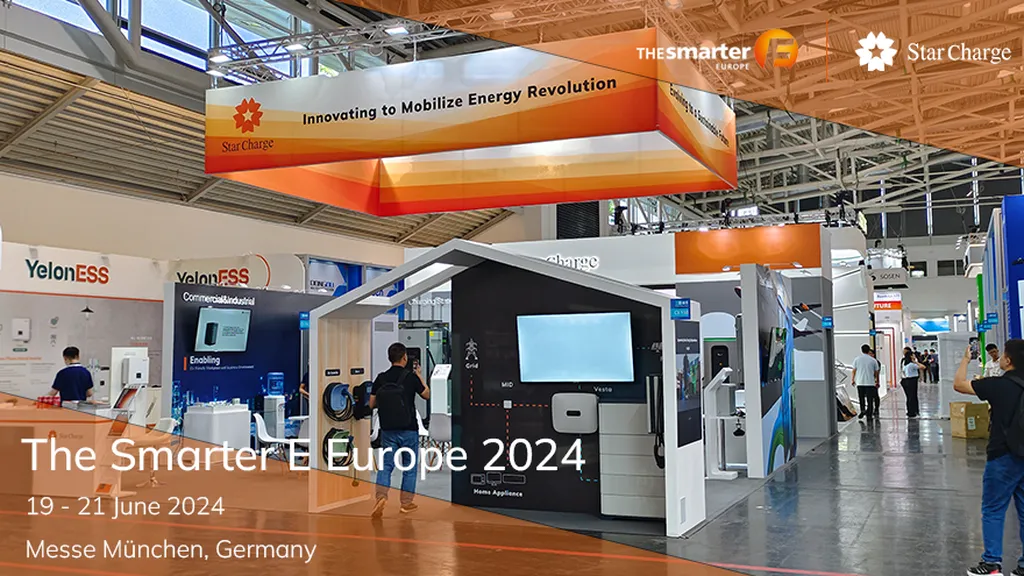In the heart of Germany, a quiet revolution is taking place, one that could reshape how we power electric vehicles (EVs) and redefine the economics of off-grid energy systems. At the University of Ilmenau, a solar-powered microgrid is serving as a real-world laboratory, offering valuable insights into the future of sustainable EV charging infrastructure.
The study, led by Nizam Halawi from the Department of Electrical Engineering and Information Technology at the Institute of Electrical Power and Control Engineering, Power System Group, provides a practical case study of an off-grid microgrid designed to support EV charging at public workplaces. The system, which includes eight charging stations, relies on renewable energy to reduce grid dependency, a critical factor as the number of EVs continues to rise in Europe and around the world.
“Providing a reliable charging infrastructure for these vehicles is a major challenge for distribution grid operators,” Halawi explains. “Off-grid microgrids have become a promising solution to this challenge, using renewable energy sources such as solar power to meet the demand in a sustainable way.”
The Ilmenau microgrid, however, faces seasonal challenges. While it performs admirably during the warm season, it struggles to meet EV charging demand in the colder months. This seasonal variability is a crucial consideration for businesses and energy providers looking to implement similar systems.
The economic analysis conducted as part of the study offers a glimpse into the cost dynamics of such systems. Based on pre-2020 component prices, the cost of electricity was determined to be EUR 0.58 per kilowatt-hour (kWh). However, with projected 2025 market prices, this cost is expected to drop to EUR 0.46 per kWh. Over a 20-year period, the calculated annual cost per employee is EUR 308.29.
One of the most surprising findings was that increasing energy storage was neither cost-effective nor operationally beneficial. This challenges conventional wisdom and could significantly impact the design and implementation of future microgrid systems.
The study, published in the journal Energies, also explores the scalability of the microgrid to larger workplaces and provides recommendations for system improvements. These insights are invaluable for businesses and energy providers looking to invest in sustainable, off-grid solutions.
As the world continues to grapple with the challenges of climate change and the transition to renewable energy, studies like this one are more important than ever. They provide a roadmap for the future, helping us to navigate the complexities of sustainable energy systems and pave the way for a greener, more resilient world.
The research conducted by Halawi and his team is a testament to the power of practical, real-world studies. It offers a compelling vision of the future, one where off-grid microgrids play a pivotal role in powering our EVs and shaping the energy landscape. As we look to the future, the lessons learned in Ilmenau will undoubtedly guide us on our journey towards a more sustainable and energy-efficient world.

